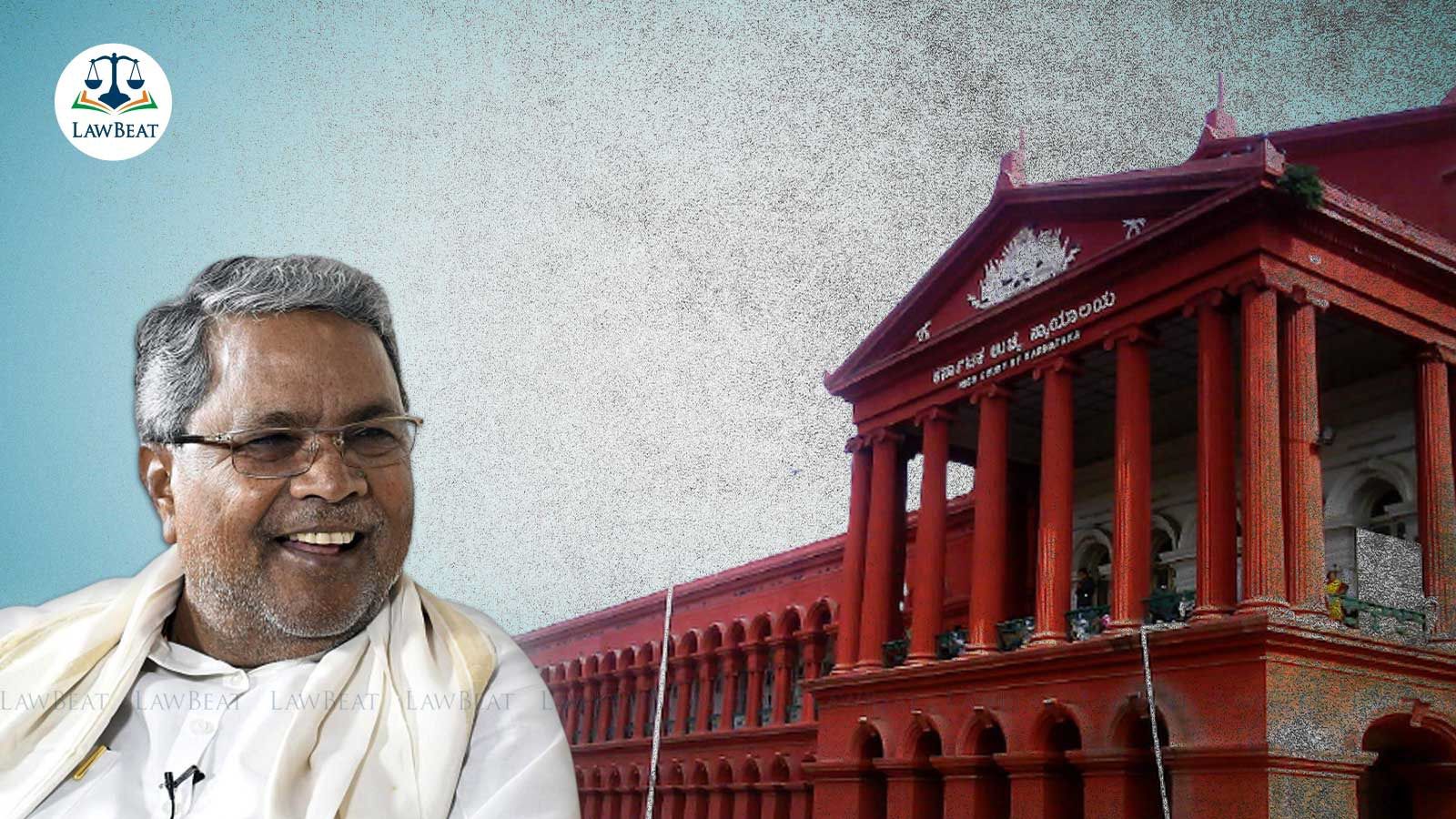CM Siddaramaiah to Face Prosecution : Karnataka High Court Upholds Governor's Sanction in MUDA Case

The Governor had granted sanction to investigate the allegations against CM Siddaramaiah on a complaint filed by activists TJ Abraham, Snehamayi Krishna, and Pradeep Kumar SP
The Karnataka High Court on Tuesday, September 24, 2024, dismissed Chief Minister Siddaramaiah's petition challenging the Governor Thaawar Chand Gehlot’s sanction to prosecute him in connection with the alleged Mysore Urban Development Authority (MUDA) scam.
A a single judge bench of Justice M. Nagaprasanna, delivered the decision stating that it was the complainants' duty to seek the Governor's sanction under Section 17A of the Prevention of Corruption Act, and the Governor was empowered to take an independent decision on the matter. “The facts narrated in the petition need investigation. The petition stands dismissed," the court ruled.
The court’s verdict comes on a plea filed by Siddaramaiah seeking to quash the order issued by Karnataka Governor, granting approval for his prosecution in relation to an alleged multi-crore scam involving the MUDA. On August 19, the High Court had directed the trial court to defer all proceedings against the Chief Minister, pending further hearings.
The investigation centers around alleged irregularities in the allotment of alternative sites by MUDA during Siddaramaiah's previous term as Chief Minister. The Governor granted sanction for investigation and prosecution under Section 17A of the Prevention of Corruption Act and Section 218 of the Bharatiya Nagarik Suraksha Sanhita. The complaint was filed by activists TJ Abraham, Snehamayi Krishna, and Pradeep Kumar SP, with Abraham first seeking the Governor's sanction in July 2024.
Siddaramaiah responded by filing an urgent petition on August 17, challenging the Governor's sanction order. He argued that the decision was politically motivated and lacked proper application of mind, violating constitutional principles, including the advice of the Council of Ministers, which is binding under Article 163 of the Constitution.
Senior Advocate Abhishek Manu Singhvi, appearing for Siddaramaiah, contended that the Governor’s order lacked justification, particularly on why the Governor found prima facie evidence of guilt. Singhvi argued that the Governor’s discretionary powers were limited in cases involving elected public officials, and the prosecution could set a dangerous precedent for undermining democratic mandates.
Singhvi emphasised the constitutional protections provided to public servants, noting that the Governor's "so-called exceptional powers" are narrowly defined and should not override established legal principles. The senior counsel also raised concerns about the retrospective application of Section 17A of the Prevention of Corruption Act, as the alleged offence occurred in 2005, years before the provision was enacted in 2018.
On the other hand, the grant of sanction was defended by the Solicitor General Tushar Mehta, asserting that the Governor acted within his constitutional authority. Mehta argued that exceptions could be made in cases involving the Chief Minister, allowing the Governor to independently grant sanction if there is reasonable suspicion of bias by the Cabinet.
Cause Title: Siddaramaiah v. State of Karnataka & Others [WP 022356/2024]
